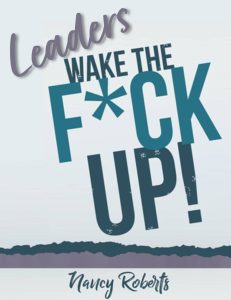One production facility in Mississippi thought that supervisor training was their number one organizational need. When I probed further, I found that they were receiving many complaints from their employees as to how the supervisors spoke to them. The supervisors agreed that they didn’t know how to handle conflict and that they either got into arguments or they avoided the conversations altogether.
Another manufacturing client of mine in Richmond, VA, has a GM who has the attitude that people are “too wimpy.” He talks to them very bluntly (his word) and if they can’t take it – then they should leave. The problem is – they are leaving. And those who haven’t left may have stopped giving their Discretionary Effort.
In both of these examples, it is the way the supervisors communicate with employees that seems to be the problem. And this bears out in other workplaces as well.
A recent online survey indicated that 69% of respondents felt that it is difficult or impossible to confront and successfully resolve conflict in their workplace. More than half admitted to avoiding a crucial conversation with someone at work. 93% of these say that it has affected the quality of their work.
What are the most common topics people are avoiding? Here’s the breakdown:
- Behavior – 30%
- Expectations – 27%
- Performance – 12%
- Differing Opinions – 10%
- Policies – 9%
- Personal Issues – 5%
It would seem that supervisors and managers that could handle such topics in a direct and respectful manner would go a long way in fostering “Discretionary Effort”. How then should these topics be approached?





